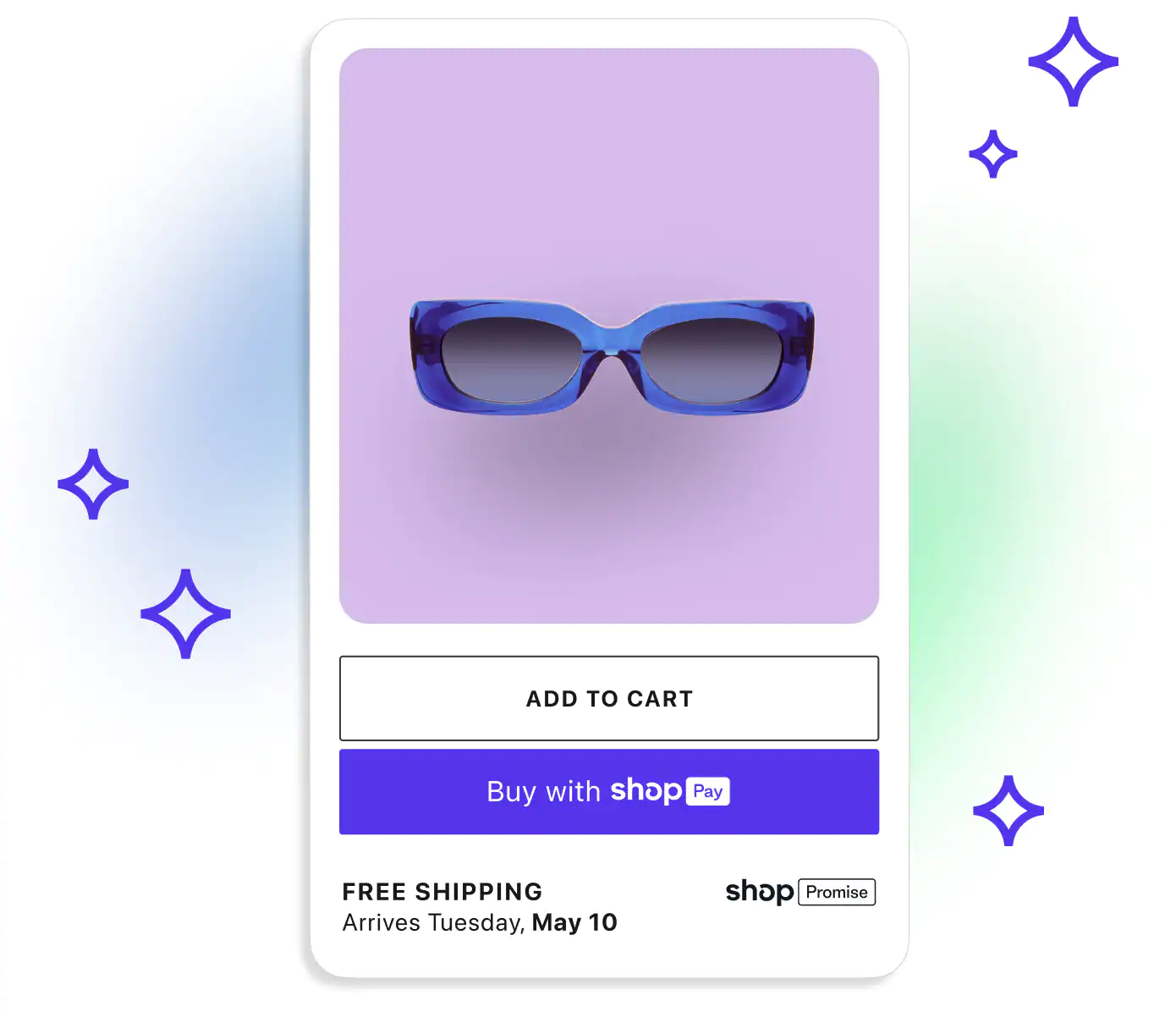.jpeg)
The Need for Speed: What Shopify’s Acquisition of Deliverr Means for Ecommerce Brands
- Shopify’s acquisition of Deliverr signals the growing strategic importance of fast, reliable fulfillment as a core competitive advantage for e-commerce brands.
- The combined Shopify Fulfillment Network and Deliverr platform enables centralized inventory management, multi-channel fulfillment, and two-day or next-day delivery in the US.
- Shop Promise introduces fast delivery guarantees without membership fees while allowing brands to retain full ownership of customer data, unlike marketplace-based fulfillment models.
- Rising customer expectations, supply chain volatility, and increased online sales are driving brands to invest in advanced logistics solutions, including integrated platforms and third-party logistics providers.
Shopify has been making waves.
Earlier this month, the company announced its acquisition of Deliverr, an e-commerce fulfillment startup based in San Francisco, California. It is the largest acquisition in Shopify’s history, and aims to create an “end-to-end logistics platform” that simplifies the fulfillment process for millions of merchants.
"Our goal is to not only level the playing field for independent businesses, but tilt it in their favor—turning their size and agility into their superpower,” said Tobi Lütke, founder and CEO of Shopify, in a blog post announcing the acquisition.
Deliverr, whose goal is to “democratize fulfillment”, integrates with marketplaces such as eBay, Etsy, and Walmart. Deliverr’s smart fulfillment platform uses machine learning and optimization technology to predict where product demand will be the highest, and positions inventory near those areas for quick order fulfillment.
“Together with Deliverr, Shopify Fulfillment Network will give millions of growing businesses access to a simple, powerful logistics platform that will allow them to make their customers happy over and over again,” Lütke said.
What does the acquisition mean for e-commerce brands? By combining their strengths, Shopify and Deliverr power a platform that allows brands to:
- Manage inventory across multiple sales channels, including a brand’s brick-and mortar stores, marketplaces, and social media platforms.
- Create a logistics system tailored to their business with new services for storage, inventory preparation, and returns.
- Offer two-day and next-day delivery for orders in the US, a capability already powered by Deliverr.
What’s the deal?
The acquisition represents the importance of fast and reliable shipping for e-commerce brands. Shopify has in the past worked to improve and expand its fulfillment capabilities; back in 2019, it acquired 6 River Systems, a robotics company that automates the process of warehouse fulfillment.

The move was critical to the Shopify Fulfillment Network’s (SFN) growth, and now with Deliverr, Shopify can help brands shorten the distance from warehouse to house with a highly anticipated service: Shop Promise.
With Shop Promise, SFN brands can offer two-day and next-day delivery, and it comes at no additional cost to sellers or membership fees to customers. Up until now, Amazon Prime has been the only service that guaranteed such quick delivery, and it has raised customer expectations immensely.
Prime has become synonymous with fast shipping, and Shopify seems to be creating its own association effect in naming Shop Promise. However, there is more to Shop Promise than ensuring trust between brands and their customers—it also promises brands full ownership of customer data.
This is pretty groundbreaking, given the essentiality of customer data to brand strategy and Amazon’s restrictions on giving third-party sellers that information.
With these promises, Shopify’s fulfillment platform is setting a new bar in logistics.
Today’s logistics landscape
Fast, reliable shipping has quickly become a must-have for e-commerce brands. There are several key driving factors for this, namely:
- Customer expectations - As mentioned, Amazon Prime has conditioned shoppers to expect reliable two-day delivery with every purchase. Along with price, shipping is a key factor for customers when evaluating a brand; according to a December 2021 PwC survey, more than half of respondents consider an efficient delivery service to be “always” or “very often” important.
- Better supply chain management and visibility - The pandemic’s widespread effect on the global supply chain demonstrated how necessary it was to have a more resilient supply chain. According to a Gartner report, more than three-quarters of companies are investing in more collaborative relationships with suppliers to “improve resilience and agility”.
- Increased online sales - According to the US Department of Commerce’s quarterly report, e-commerce sales grew 50% during the pandemic, forcing brands to scale their logistics strategy. More sales channels also require an efficient fulfillment process.
Of course, these factors are closely related to each other, and Shopify’s Deliverr acquisition has only confirmed a new reality: brands need to double down on their logistics strategy.
Many of them already are.
Those that don’t have the capabilities to build their own fulfillment centers, for example, have integrated with third-party logistics companies (3PLs), such as ShipBob, ShipHero, and ShipMonk. 3PLs leverage automation and machine learning to optimize many aspects of the fulfillment process, from inventory management to returns processing.
These capabilities, which can include two-day shipping, help brands compete with more established commerce platforms like Amazon.
More importantly, they enable brands to focus their efforts on delivering a great shopping experience. Customers aren’t too concerned with the behind-the-scenes, but they’ll remember the quick shipping—and as we’ve seen, that makes a great difference.
Conclusion
The need for a fast and efficient fulfillment process has intensified given the pressures of customer expectations, escalating e-commerce sales, and better supply chain management.
With Deliverr, Shopify’s expanded fulfillment network aims to consolidate every aspect of the fulfillment process, from initial order to returns management, into one centralized platform, transforming a complicated system into an easy-to-use service that empowers brands to manage orders across multiple sales channels and grow their business.
From outsourcing to 3PLs or joining the waitlist for Shop Promise, e-commerce brands have more options now than ever when it comes to optimizing their logistics strategy.




